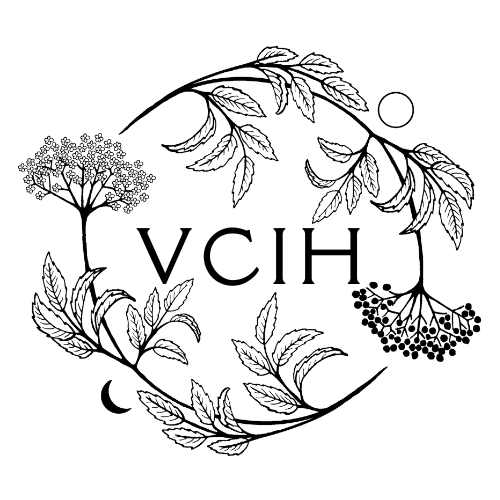We strive to create an environment and community that is inclusive and affirming of diverse ways of learning and knowing, is trauma-sensitive, and acknowledges the barriers often present in traditional learning environments for disabled, chronically ill and neurodivergent folks. We also recognize that financial limitations, caregiving, and other individual and systemically-driven circumstances can impact student access to learning. While we can’t always mitigate these barriers for students, we strive to create flexible, supportive, and empowering experiences for the widest range of learners possible with the resources and skills available to us.
The foundation of our learning environment is the relational culture we build with each cohort, which prioritizes interdependence while embracing difference. While our programs are structured and academically rigorous, students are encouraged to engage material and assignments according to their strengths and learning goals. We foster a collaborative, non-competitive classroom and guide students to share resources and strategies for learning. Faculty are available to support students in tailoring assignments to their needs and deadlines can be flexed with prior communication. When circumstances prevent students from attending live, we have a system to support engagement after-the-fact (though this option is not unlimited). We have a teaching assistant and Academic Coordinator available for individualized academic support, while faculty advisors support students’ personal journey through the program. Students also meet each week with their advising group to connect and offer and receive resources and care.
While our online format is intended to expand access to a broader range of students, we also recognize that for some, the online format is itself a barrier and limits access to our programs. While we regret this impact, we have chosen to prioritize making herbal training (especially at the clinical level) more broadly available to the widest range of communities and locations beyond Central Vermont.
You can read our full accessibility information sheet here. Applicants and current students are also invited to ask any questions they have or request additional supports at any time. We do our best to be transparent about what we offer, the nature of our virtual and physical spaces, and the limitations of our structure and staffing. Please reach out if you need information we haven’t provided.

Leave A Comment